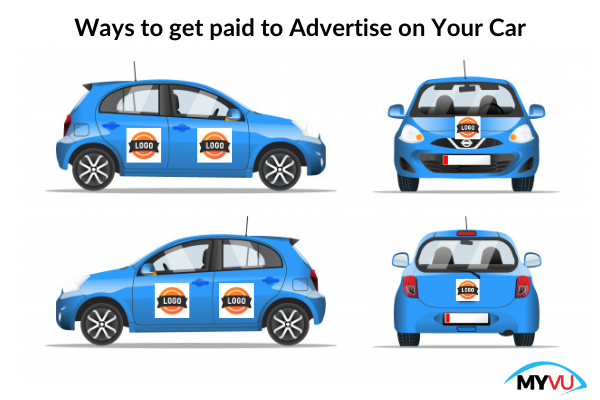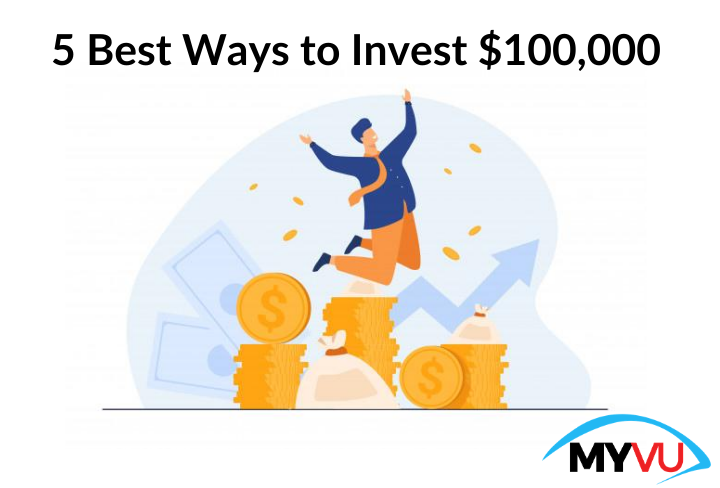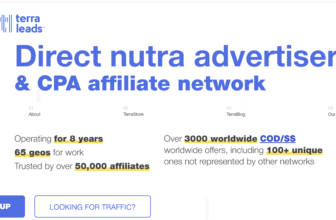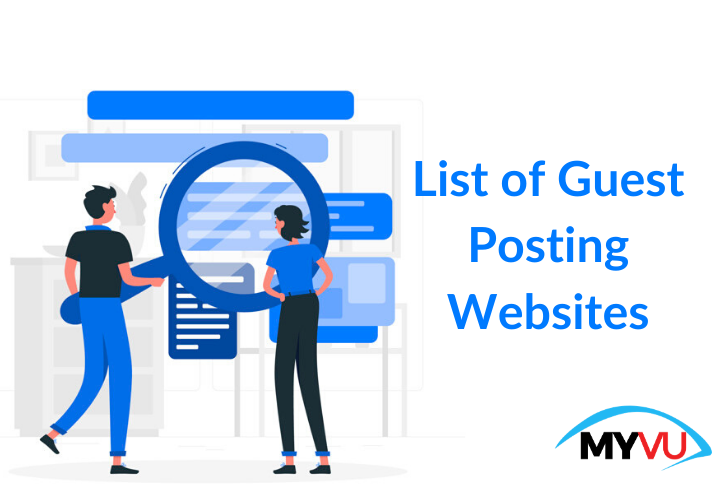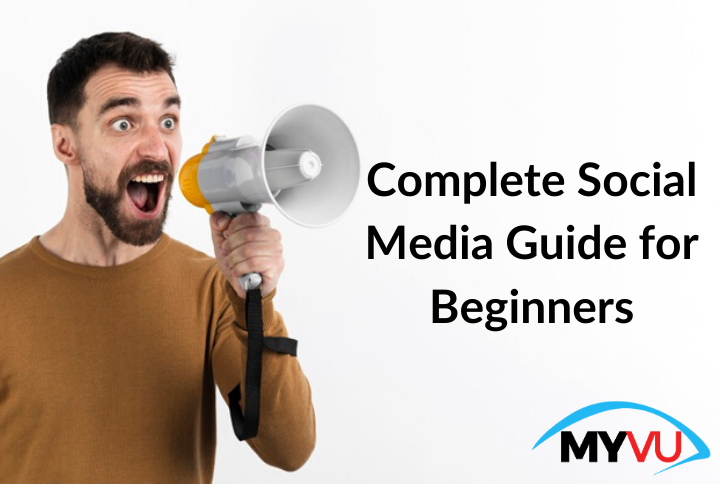What does SEO stand for
SEO has become so popular among online businesses in recent days. SEO stands for Search Engine Optimization. Well, almost everybody living in the online business world knows this and it’s importance. But what is left untold [to them] is that how to do SEO and improve business.
One who launched a website should definitely do SEO in order to run the business online. Otherwise, what’s the point in bringing it online? While there are many people who rely on SEOs and agencies to optimize their sites to improve sales and revenue, it is also equally important to know what exactly SEO is. Else, you may end up paying huge amounts of money for simple tasks. So, in this article, let’s see what is SEO and how does it help your website or business grow?
What is SEO?
SEO (Search Engine Optimization) is the process of increasing the visibility of your website or web page for users while driving quality or relevant organic traffic to your website. In a more simple way, SEO is optimizing your website for search engines to rank it on top results. So, users can find and visit your site easily.
That’s it? No…
SEO is not just about driving web users to your site, it is all about helping them take action in your site. Thus growing your sales, revenue and providing great user experience to them at the same time.
Hope you have understood why SEO is important to your website. Now let’s see what things are involved in SEO that contribute to your website growth.
There are more than 200 Google ranking factors that decide your website position on Google search results. And all these factors are your SEO checklists. Luckily, for easy understanding, these factors are split into on-page and off-page SEO. Now, again let us derive what is on-page SEO and what is off-page SEO for you.
Before that let us know two very basic yet crucial techniques of SEO. They are White Hat SEO and Black Hat SEO. Of course, there is another strategy called Grey Hat SEO. But that is just the combination of both White Hat and Black Hat SEO.
White Hat SEO
The rightful strategies you use to optimize your website or web page for search engines to rank them. Search engines like Google love these kinds of practices because nobody likes being cheated right?
As you know search engines such as Google, Bing, Yahoo show the results for user queries with the help of their brainy algorithms. Their algorithms are such advanced that they can even understand the user’s search intent. After all, their aim is to provide right and relevant information for their any user’s query. Not taking any advantage of loopholes in their algorithms to rank better is what exactly White Hat SEO is.
So you use these techniques to let search engines help users with what exactly they want. If you try to deceive their algorithms, they will simply shut you down (especially if yours is a new website).
Black Hat SEO
Black Hat SEO techniques are simply the opposite of White Hat SEO. The shortcuts or prohibited ways to rank better on search engines. These include buying backlinks, too many 301 redirects, spammy content, etc. These do you no good instead leave you with Google penalties. Google updates its algorithm regularly to punish websites using these black hat techniques.
SEO is constantly changing. With regular Google algorithm updates what once were legitimate practices are now black hat strategies, before they were Grey Hat techniques. So, to be on the safe side, do not perform anything that seems unethical. It is risky to practice any kind of unethical or illegal tricks.
Keep yourself aware of the latest Google algorithm updates. Here are the top 10 SEO blogs you should follow to protect your website rankings.
Now, you know what is right and what is wrong in this ever-evolving SEO world. Let’s now quickly jump into knowing two types of SEO.
On-Page SEO
On-page SEO is optimizing your website or web page for factors that can be seen on the page. Confused? Ok. Let us put it in a more simple way. Optimizing your web page titles, tags, content, keywords, navigation bar, footer, URLs, etc to ease the journey of search engines and users on your website. Therefore it also includes page speed, dwell time, and UX (user experience).
Read: How to do Keyword Research
For instance,
- Your page titles, URLs say what exactly the page is about. The meta title and description tell what’s inside the page.
- Your content answers users’ queries and delivers useful information.
- Your navigation bar and footer help users and search engines to navigate to any page on your site.
- The keywords you use help search engines to rank your page.
- Good page speed improves user experience, hence reduces bounce rate which is a negative factor.
- Pleasing and interactive UI(user interface) increases dwell time, which is a great positive ranking factor.
You need a developer, content writer, and digital marketer or an SEO to work on these. You can use SEO tools such as SEMrush to perform deep keyword research and know profitable keywords in your niche.
Though these look simple, they are time-consuming. Read our On-Page SEO – Ultimate Guide. It helps you plan your strategies quickly and smoothly to improve your rankings on search engine result pages.
Off-Page SEO
Off-page SEO deals with numerous things that are not under your control. Such as building backlinks, improving your social following, and gaining popularity. This is because search engines want to rank trusted and worthy websites on top. Backlinks, social shares, popularity reflect your site’s genuineness and worth.
Earning backlinks from relevant and high-authority sites will boost your rankings in no time. But it is not that easy. You need to pitch hundreds of bloggers in your niche to hardly earn tens of powerful links. However, that is not impossible either.
Read: Advanced Link Building Guide – Best SEO Strategies
On-page SEO requires efforts and skills. You need to outreach bloggers for guest posting and earning links. Grow relationships with your peers to start exchanging links genuinely. And interact with the audience to improve your social following in the form of shares, likes, and comments. Thus, this is a never-ending process, but it is all worth it.
Bottom Line
Thus SEO is all about improving your website and business online to boost its visibility, popularity, and revenue. You can’t overlook any of the factors as it leads to a major loss. For instance, compromising on page speed might lower your gains. One second delay in page speed lowers a 7% conversion rate. This can’t be ignored, right? So, put time for doing proper SEO for your website and watch it reaching new heights with tons of potential traffic.

